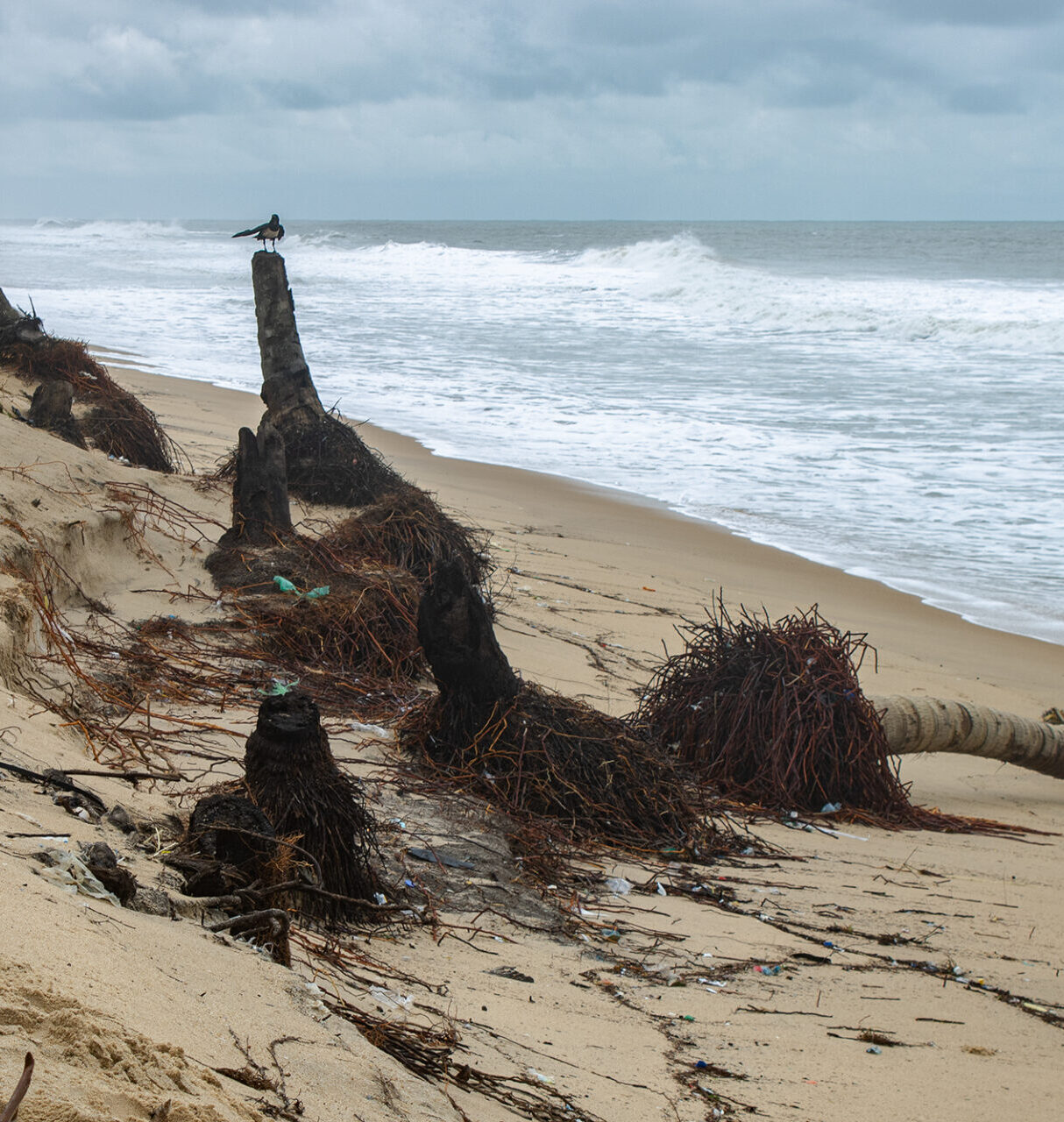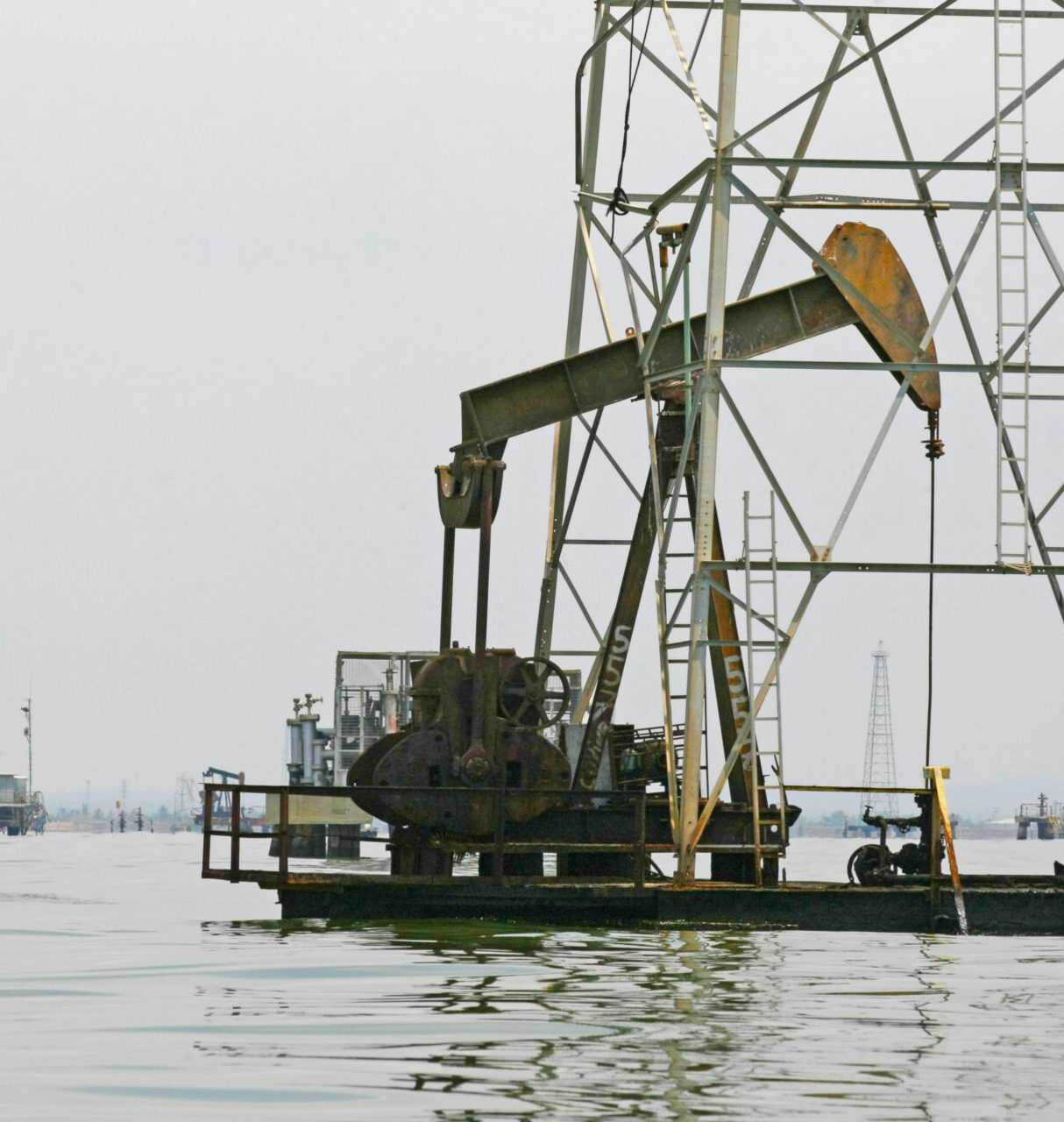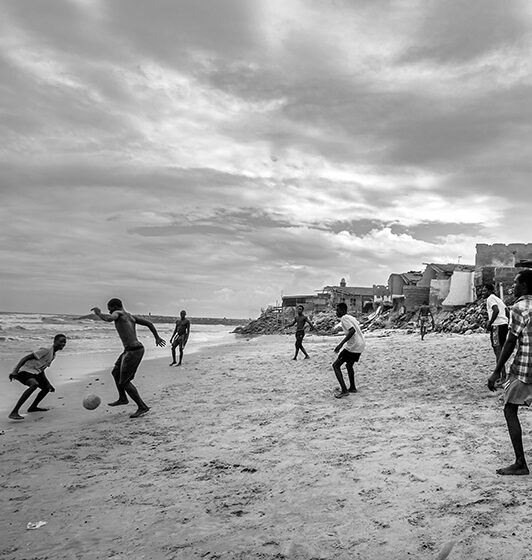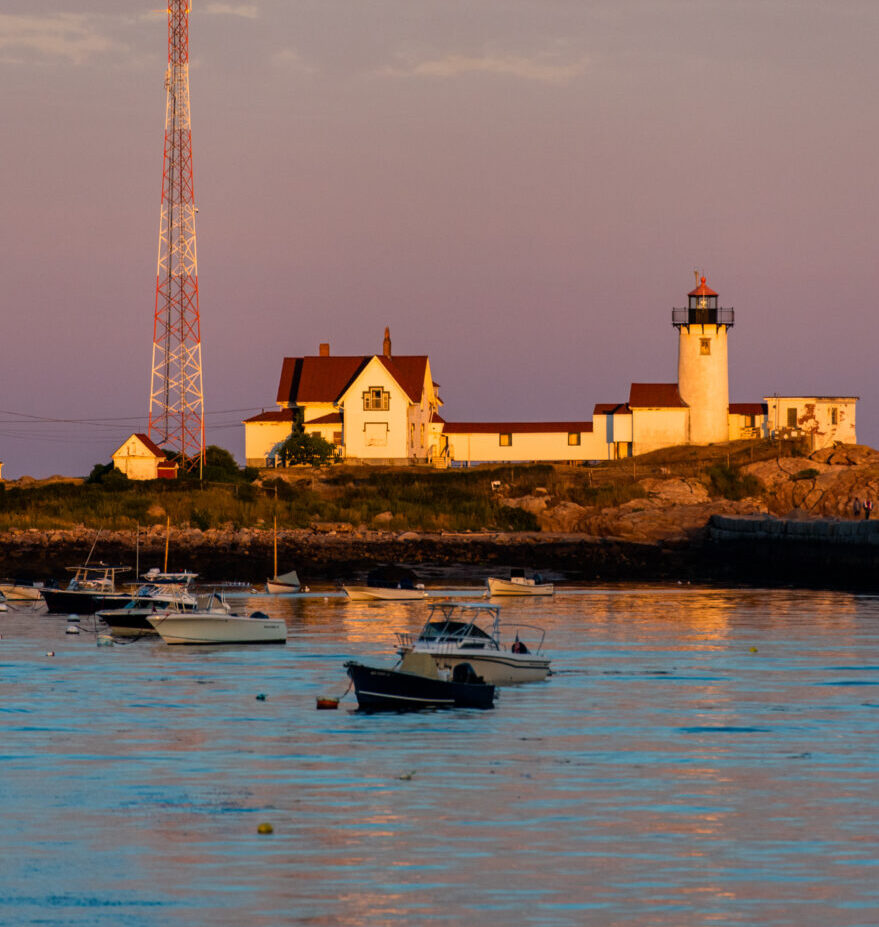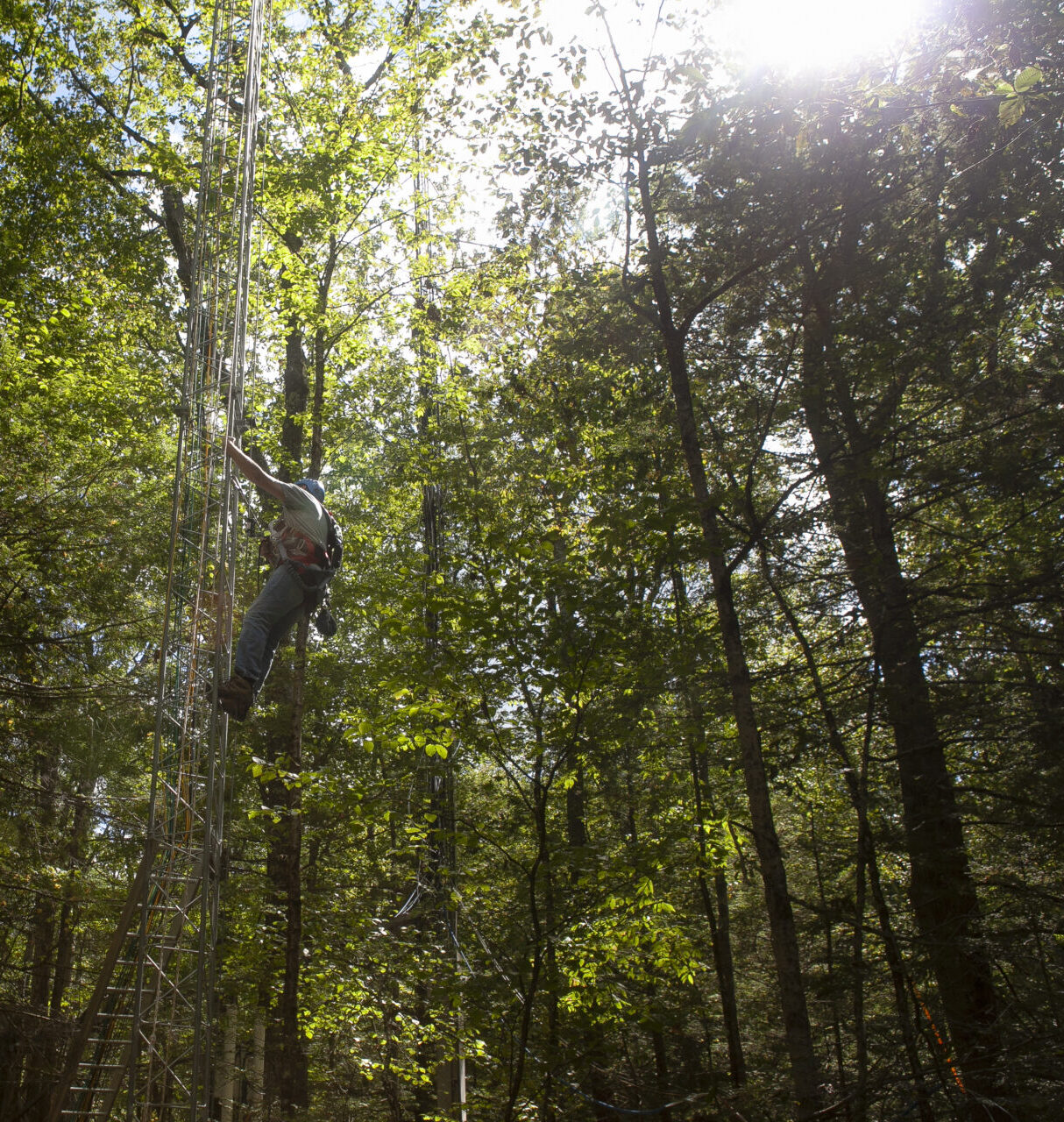Tue, Sep 3, 2024
CLIMATE AND SUSTAINABILITY
COURSES
Climate change is an urgent and multifaceted challenge facing all of society.
Harvard faculty teach an expanding array of courses examining the many dimensions of this shared challenge. Explore courses in climate and sustainability ranging from economics and English to public health and climate science.
ARE WE MISSING A COURSE?
Let Us Know
218 Results
Filters applied
Available
EH 213
Climate Change, Health, and Environmental Justice-Focusing on Policy and Solutions
In this class, we will focus on the ways in which climate change impacts human health and discuss approaches to quantify and mitigate these impacts at the local, state, national, and global levels. You will have the opportunity to monitor, measure, and analyze climate change associated data relevant to human health such as air pollution and temperature with devices we provide. You will also meet policy makers, community leaders, and community members who are addressing climate change impacts on human health. The overarching goal of the course is to critically discuss the health outcomes of energy production and climate change impacts on food, water, air, soil, food systems, and e-waste through the lens of social justice and health equity.
Tue, Sep 3, 2024
PRO 7445
Urban Stack: Practice Methods for a Complex World
This course addresses the practice of design as it inevitably confronts and interacts with infrastructures of policy, technology, and finance.
Tue, Sep 3, 2024
HLS 2931
Creating Electricity in the U.S.: Exploring the Tradeoffs
In this reading group, we will explore historic and ongoing legal and policy debates about the fuels that power the US electric system.
Tue, Sep 3, 2024
API 141
Finance
This course provides financial concepts, techniques, and instruments that are essential to a variety of applications that include raising debt and equity finance, asset management, climate finance, development finance, financing infrastructure, banking, financial regulation, and risk management.
Tue, Sep 3, 2024
HLS 3111
ESG: Corporate Ethics in the 21st Century
This course will investigate the rise of ESG (Environmental, Social and Governance) as a dominant investment strategy and its consequences for corporate governance and regulation of several sectors in the global economy.
Tue, Sep 3, 2024
SCI 6121
Environmental Systems 1 [Module 1]
This course is the first of a two-module sequence in building technology (6121, 6122) and constitutes part of the core curriculum in architecture.
Tue, Sep 3, 2024
HBSMBA 1487
Cities, Structures, and Climate Shocks
This course prepares students to invest in, advise, or lead organizations in the context of increasing pressures of global urbanization, resource scarcity, and perils relating to climate change. The course takes a finance and real assets point of view focusing on houses, buildings, infrastructure, and cities as individuals, businesses, and global society make choices about who and what to protect. There are perils and also extensive opportunities in the analysis of situations and the deployment of tools, data science, and capital leading to success even in the face of these tensions.
Thu, Sep 5, 2024
HBSMBA 1105
Energy
This course is about one of the largest industries in the world: energy. Not only will we cover energy sectors that have traditionally supplied economies across the globe, but we will also cover the energy transition needed to reduce climate change and its impacts. It will examine the economic, regulatory, and social contexts that provide the dynamic backdrop for how both new entrants and incumbent firms can navigate and drive the energy transition. How does the energy economy work, and how fast can it change? How are entrepreneurial start-ups disrupting the energy economy? How are corporations across sectors navigating and potentially driving the energy transition—or not? How are new policies being enacted worldwide impacting billion-dollar decisions? And how are different local communities responding, given the benefits and costs of enormous changes in the energy mix?
Mon, Oct 21, 2024
HBSMBA 1495
Sustainable Investing
This is an investing/finance course, designed to build on skills introduced in the RC finance course, but with an emphasis on how investors should incorporate what have traditionally been considered “non-financial” criteria in their decisions: for example, climate risk, environmental sustainability, minority representation on boards, and even the potential to create social good. Covering both public and private markets, the course will present the unprecedented opportunities that have arisen due to energy transition and other trends through rigorous approaches to business model assessment, valuation, transaction structuring and exits, as well as equity selection and portfolio construction. The course also explores incentives, decision-making, and the crucial problems and opportunities within the industry itself.
Wed, Oct 23, 2024
HLS 2123
International Environmental Law
This course covers the international law governing the environment and natural resources. The course begins by covering the sources and institutional structure of international environmental law, as well as the fundamental principles governing international environmental law. The course continues by delving into the core treaty regimes in the field, including ozone protection, climate change, and biodiversity and species protection. The course will also address the relationship of international environmental law with other fields of international law.
Mon, Jan 6, 2025
EDU T801
Teaching Climate Change
How we teach about climate change is critical to our response as a global population. Educators adopt a longitudinal view on the outcomes of their daily efforts—guiding each generation with hope and possibility. How do we communicate the loss of what might be called a pact between the generations to the next generation? This course offers an intensive opportunity to explore issues related to teaching climate change in K-12.
Mon, Jan 6, 2025

